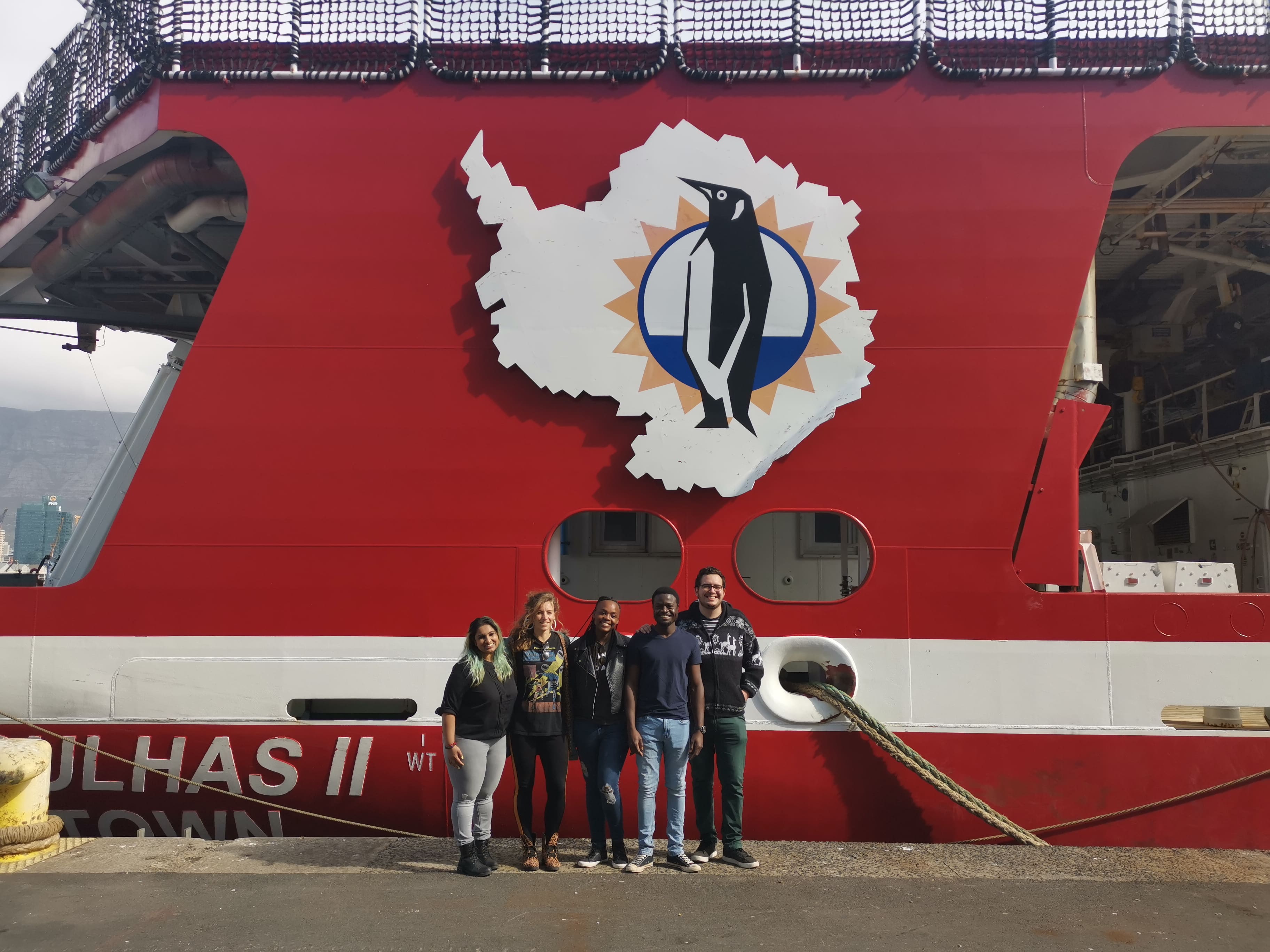To start off SANAP Mid-Month series we have Thulani Makhalanyane  as our first Monday Man.
as our first Monday Man.
Thulani Peter Makhalanyane was educated at the North West University  (Mafikeng Campus), where he completed a BSc (Hons) degree in Microbiology. He then moved to the University of the Western Cape to begin microbial ecology research, earning both an MSc degree at the Institute for Microbial Ecology and Genomics in the Department of Biotechnology (obtained cum laude, 2010) and PhD (2013).
(Mafikeng Campus), where he completed a BSc (Hons) degree in Microbiology. He then moved to the University of the Western Cape to begin microbial ecology research, earning both an MSc degree at the Institute for Microbial Ecology and Genomics in the Department of Biotechnology (obtained cum laude, 2010) and PhD (2013).
Dr Makhalanyane is a lecturer in the Department of Genetics. His lectures to third-year students are in the fields of phylogenetics and microbial ecology. He also serves as a Young Ambassador for the International Society for Microbial Ecology (ISME), Reviews Editor for Frontiers in Microbiology and currently Guest Associate Editor for the Terrestrial Microbiology section.
Why you love your career in science?
 There are very few careers which allow you to generate new knowledge and acquire new insights on a daily basis. Working as a scientist allows me to be at the very cutting edge of knowledge generation
There are very few careers which allow you to generate new knowledge and acquire new insights on a daily basis. Working as a scientist allows me to be at the very cutting edge of knowledge generation  within my field. I love being able to work in a team of scientist working on exciting projects. I get to mentor a range of students, from undergraduates to PhD, all with unique perspectives and insights. As a SANAP researcher, my work allows me access to unique study sites and locations and allows me to work on topics very few people have access to.
within my field. I love being able to work in a team of scientist working on exciting projects. I get to mentor a range of students, from undergraduates to PhD, all with unique perspectives and insights. As a SANAP researcher, my work allows me access to unique study sites and locations and allows me to work on topics very few people have access to.
Latest research or study you’re working on;
We have several exciting ongoing studies. These questions aim to go beyond cataloguing microbial species diversity but assessing their ecosystem services. We typically use a combination of bioinformatics studies for these but are moving towards integrated ‘omics’ to answer our questions. Typical questions centre around, for instance, understanding the evolution of resistance gene mechanisms in natural environments.
Thulani’s Message:


Compared to choosing to work in more mainstream professions, such as medicine, careers in science can often be challenging. The challenges relate to the long periods of study required, it can take more than 8 years before attaining doctoral degrees, and the salaries are comparatively lower. However, the joys and benefits of following a career in science are extremely fulfilling and rewarding. I would encourage any student interested in science to stay focused on their goal and not be distracted. They will find that working as a scientist is probably the most rewarding endeavour.
 Dr Thulani Makhalanyane was the 2014/15 winner of a TW Kambule-NSTF Award for Emerging Researchers. Dr Makalanyane received his NSTF Award trophy from the Minister of Science and Technology, Naledi Pandor, and the Chairman of proSET, Reinhard Meyer
Dr Thulani Makhalanyane was the 2014/15 winner of a TW Kambule-NSTF Award for Emerging Researchers. Dr Makalanyane received his NSTF Award trophy from the Minister of Science and Technology, Naledi Pandor, and the Chairman of proSET, Reinhard Meyer
Thulani is also on the South African National Committee for SCAR
See his profile Thulani Makhanlanyani and a presentation on available youtube





